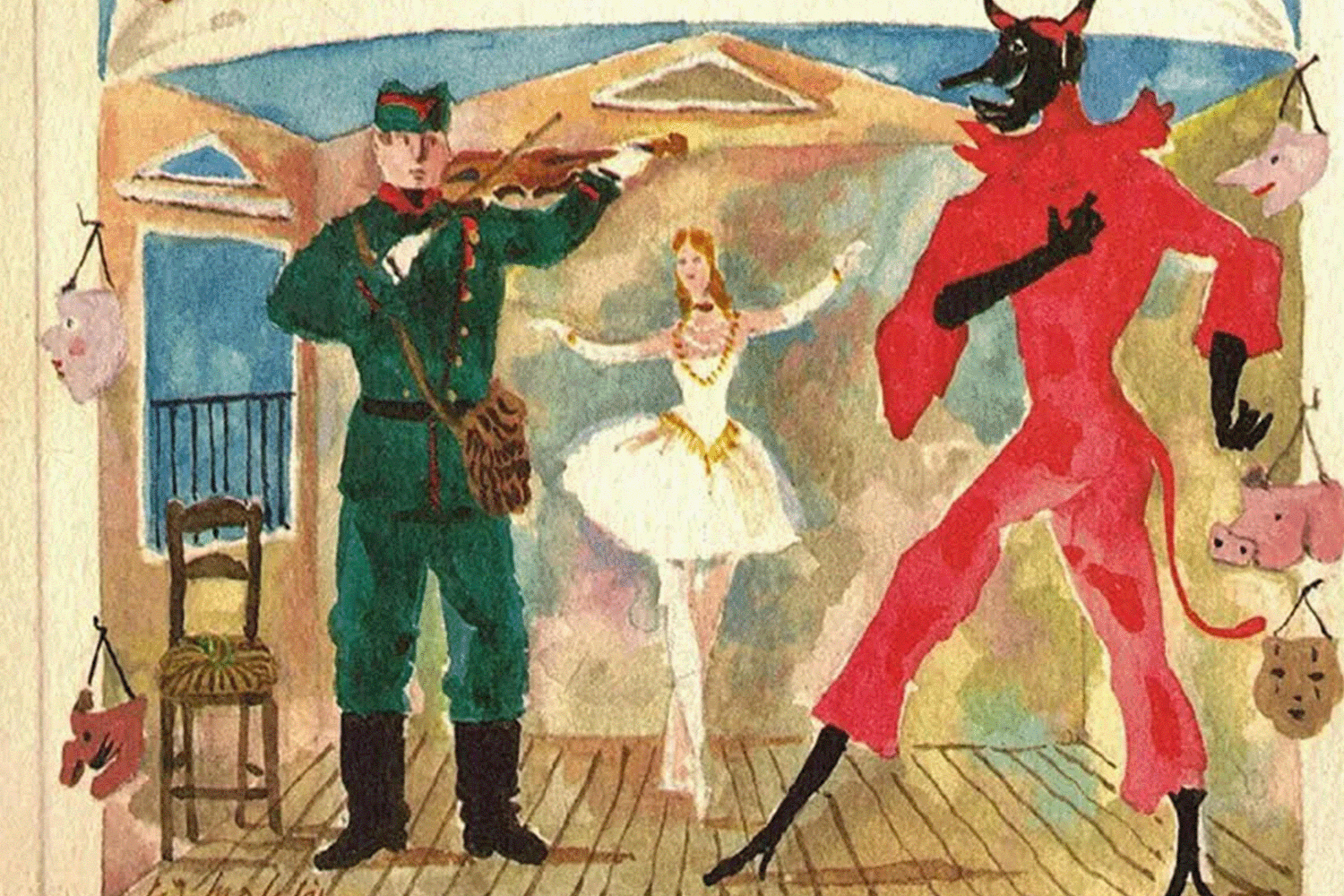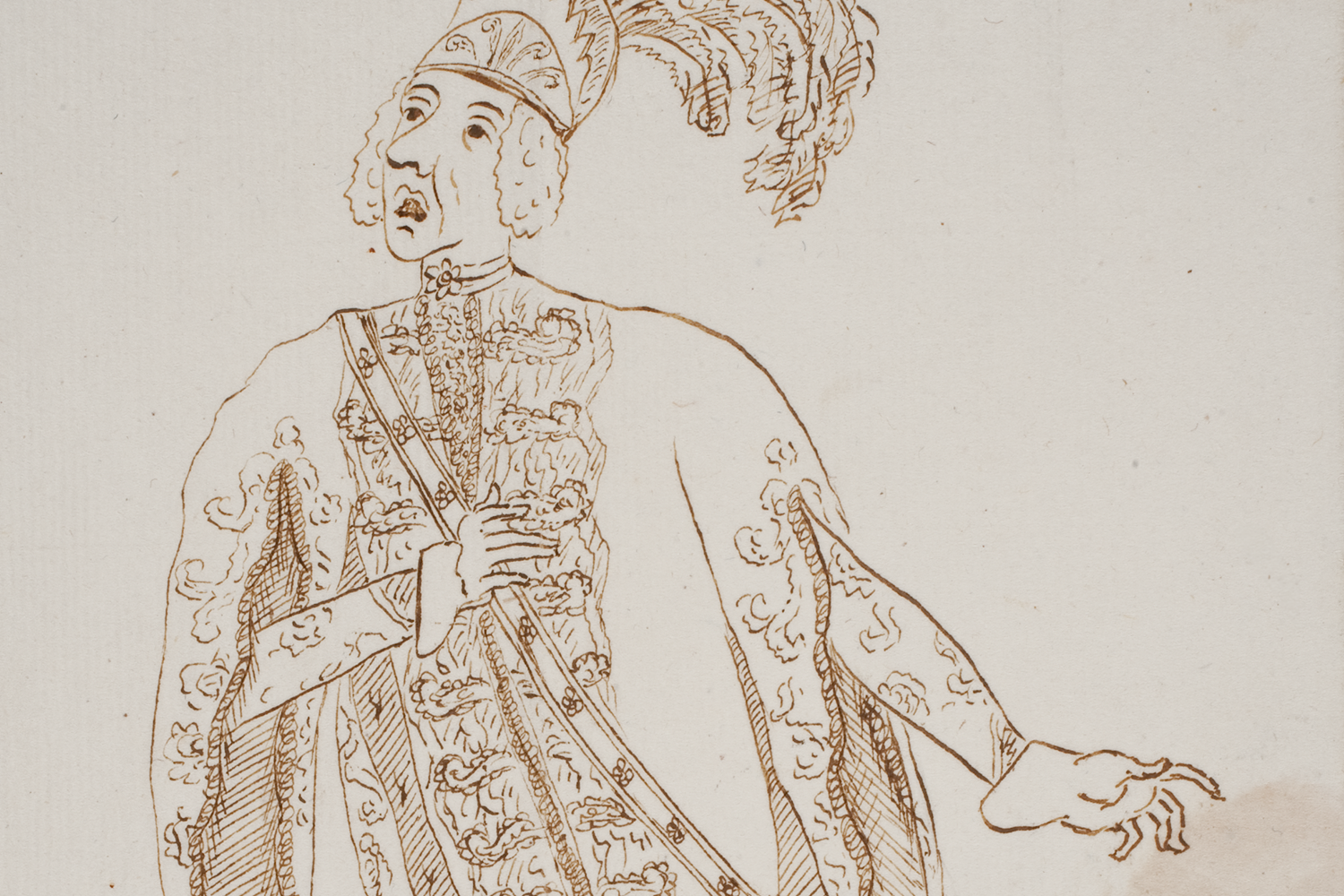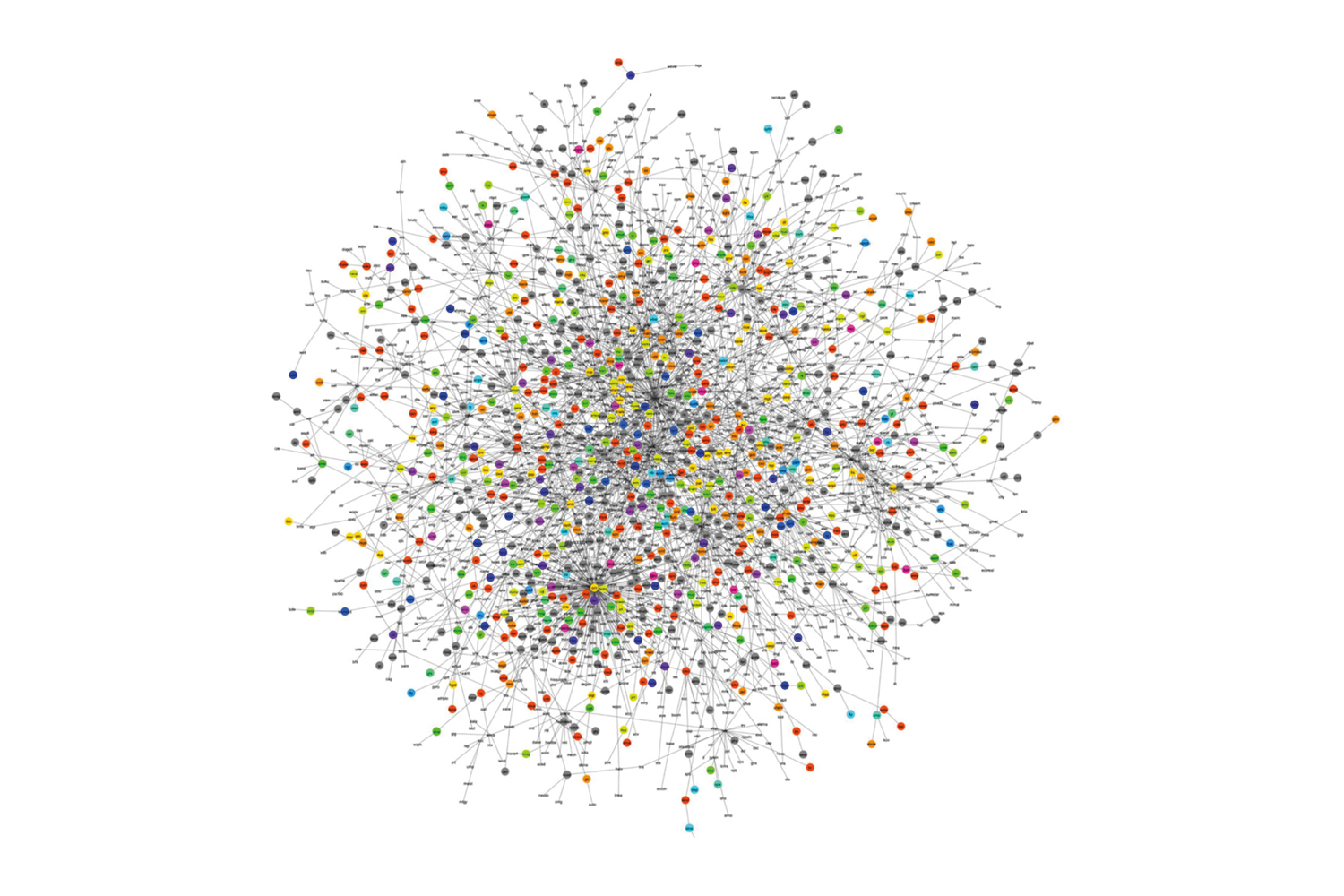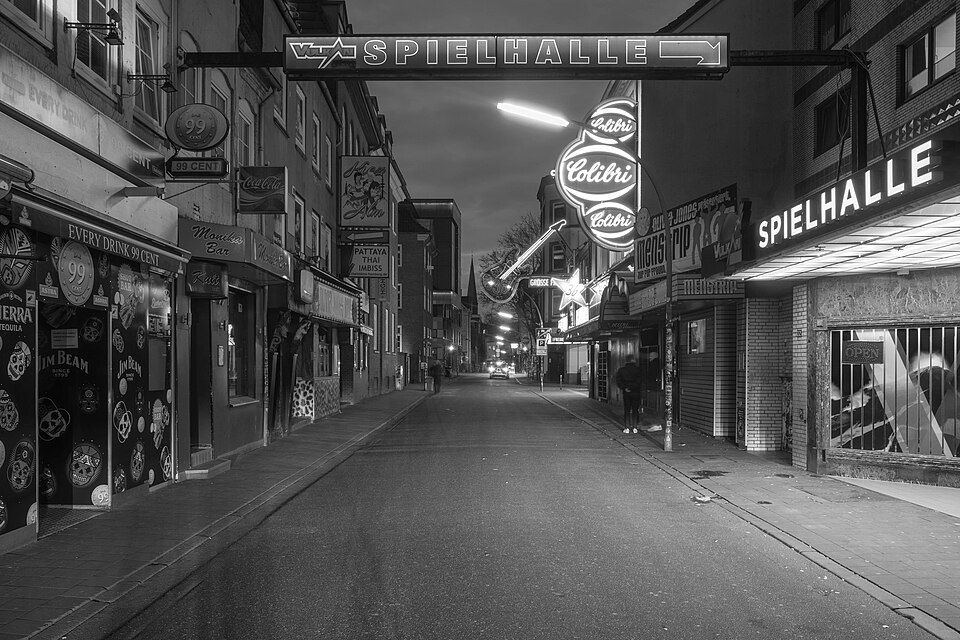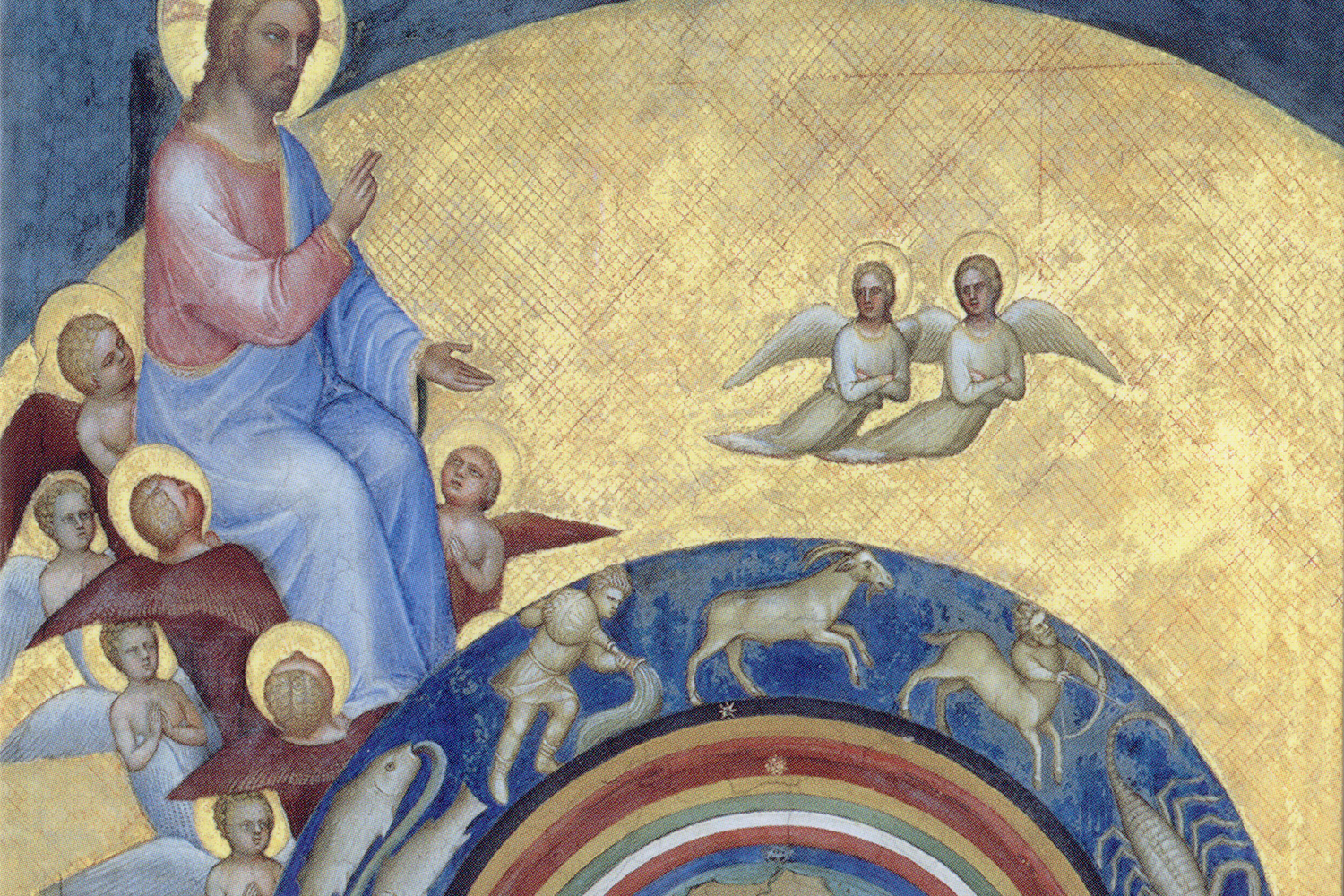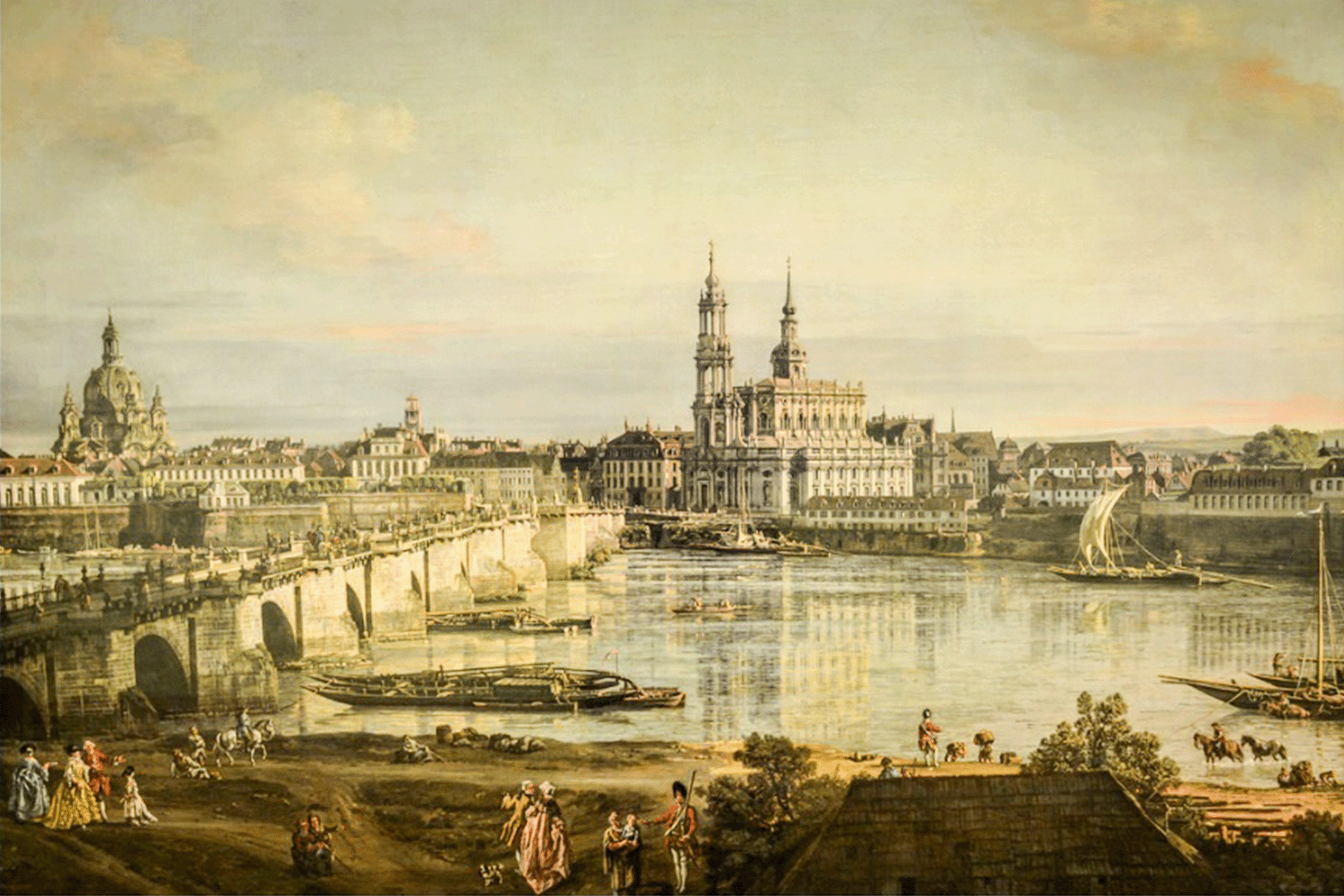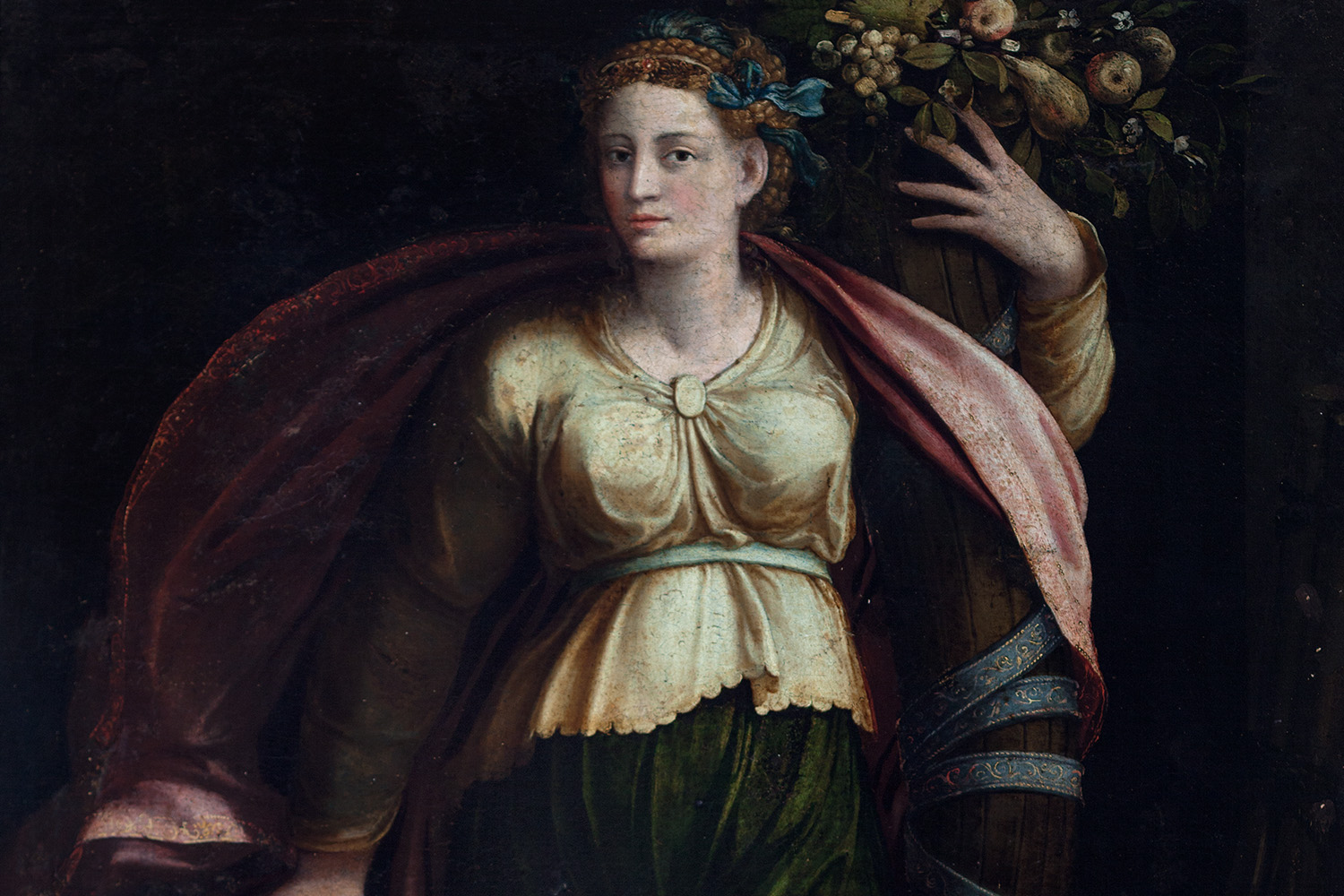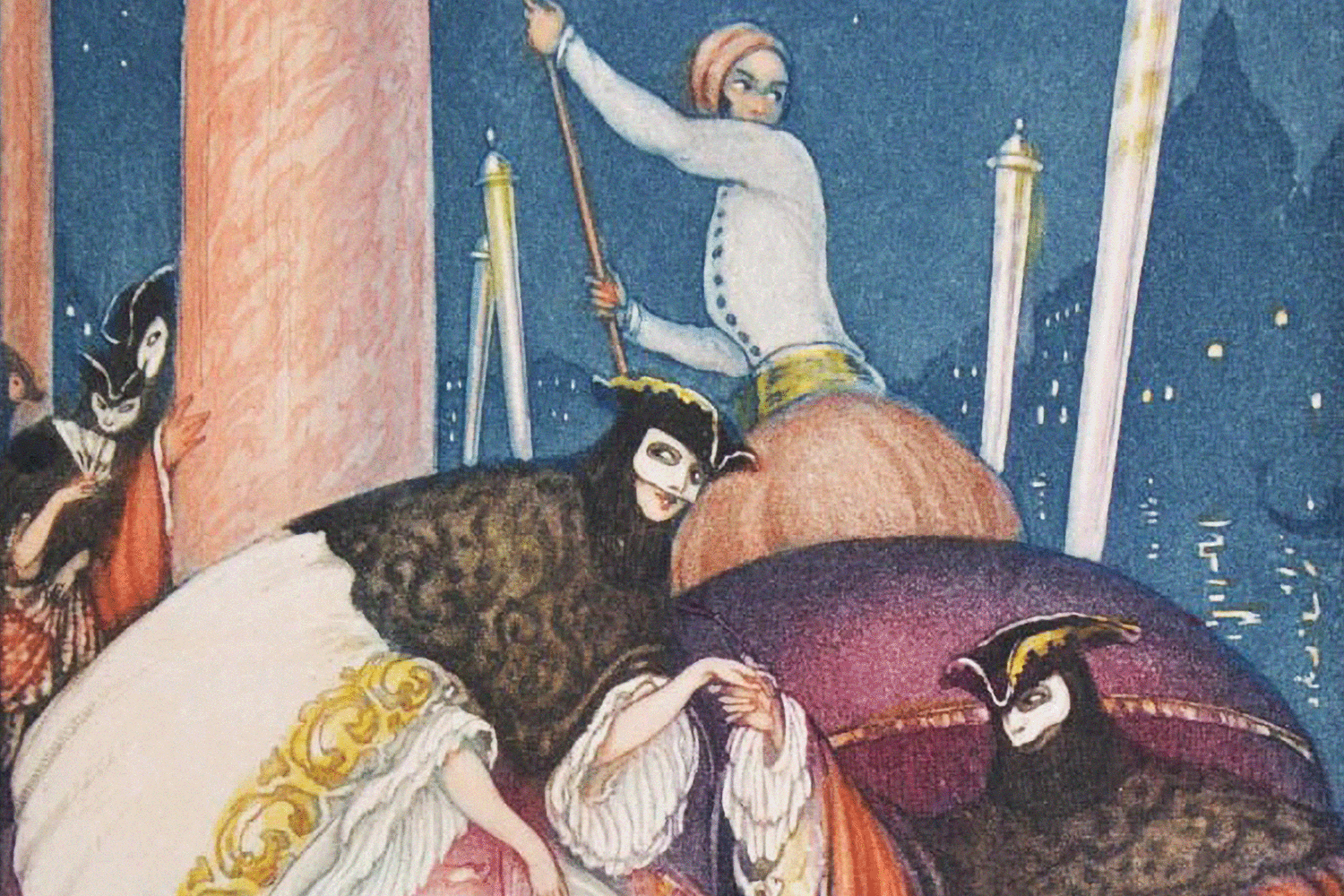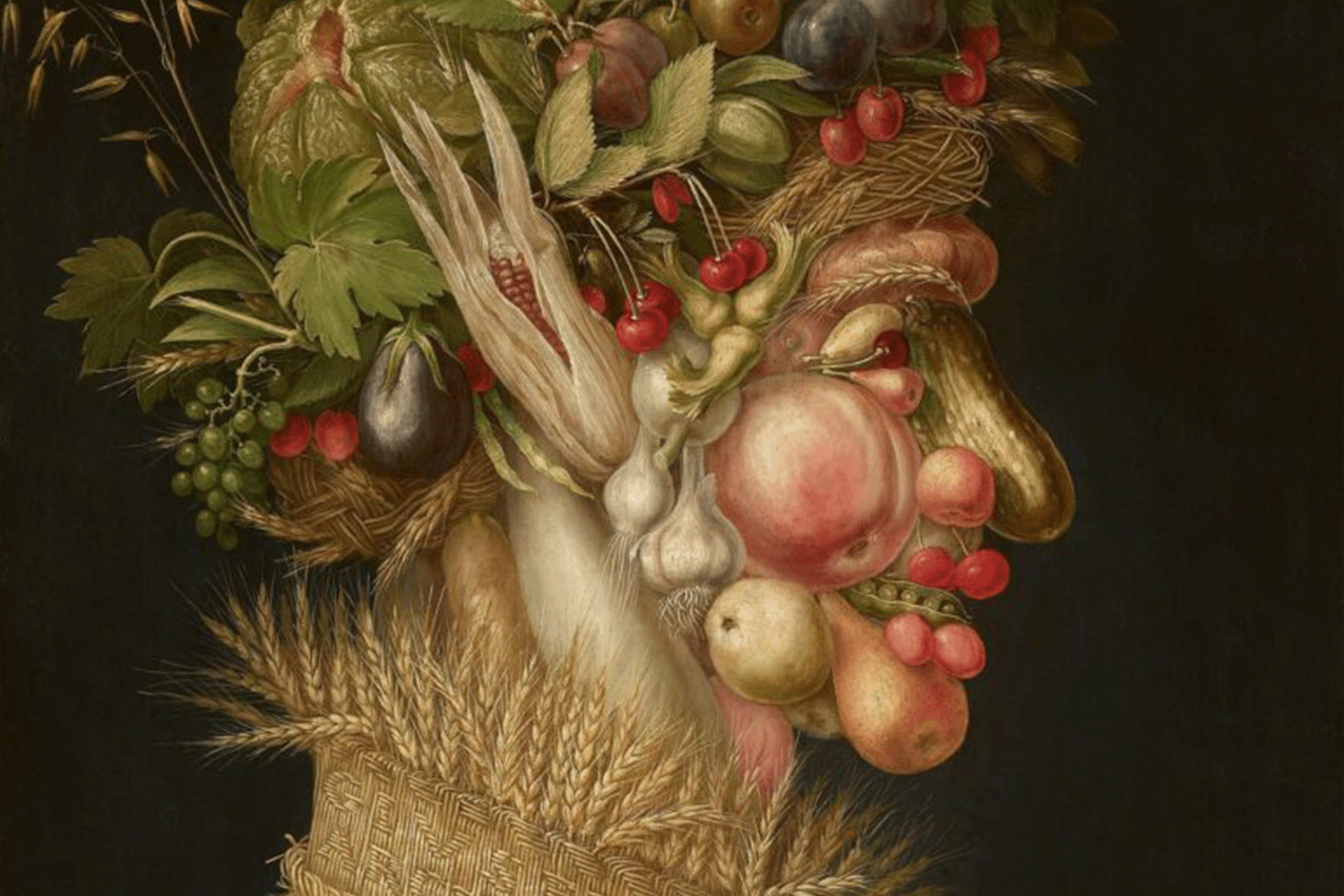The year 2025 marks the 300th anniversary of the birth of Giacomo Casanova (1725-1798), Venetian by birth and European in his life and work. His historical figure is representative of a world that was slipping away, the Old Regime and the Republic of Venice, but also of the preoccupations of the eighteenth century and the transformations of modern society. His legend has spanned the last three centuries, reflecting the views on the eighteenth century of scholars, historians, artists, filmmakers as well as cultural and political figures. The 300th anniversary of his birth is an opportunity to examine the historical figure of Casanova, his works and their
fortunes, as well as to encourage research into his world and the imagery of the eighteenth century.
The international symposium is organised by the Department of Comparative Linguistic and Cultural Studies of Ca’ Foscari University, with the collaboration of the Società Italiana di Studi sul Secolo XVIII, the Fondazione Giorgio Cini (Institute for the History of Venetian Society and State, the Ateneo Veneto, the Venice State Archives and Ca’ Rezzonico), the Museo del Settecento Veneziano and the Correr Museum Library, Venice.
programmE
[accordion][/accordion]
[accordion_entry title=”Wednesday 4 June | Fondazione Giorgio Cini, Sala Barbantini”]
15:00 – 19:00 | institutional greetings
Antonio Trampus
Università Ca’ Foscari, Venezia
Introduzione
Andrea De Pasquale
Direzione Generale Educazione, Ricerca e Istituzioni Culturali, MIC Roma
Stampare il Settecento
Michel Delon
Sorbonne Université, Paris
Casanova couleur de rose
Malina Stefanovska
University of California, Los Angeles
La philosophie dans le boudoir et la ‘joie de vivre’
Paolo Bernardini
Università dell’Insubria, Como
I suicidi di Casanova: finzione e filosofia
Lisetta Lovett
Keele Medical School
Suicide: Do Casanova’s views have any relevance to today?
Clémence Carrasco-Vaudon
Université Toulouse Jean Jaurès
Giacomo Casanova le joueur : regard et discours sur les jeux de hasard au XVIIIe siècle
Giulia Delogu
Università ca’ Foscari, Venezia
Foscolo, Casanova e la storia
della Repubblica di Venezia
[/accordion_entry]
[accordion][/accordion]
[accordion][/accordion]
[accordion_entry title=”Thursday 5 June | Fondazione Giorgio Cini, Sala Barbantini”]
09:00 – 11:00
Luca Lo Basso
Università di Genova
Guido Candiani
Università di Padova
Navigando tra intrighi e potere.
Il giovane Casanova e la Marina veneziana del XVIII secolo
Mirela Mrak Kliman
Biserka Budicin
Jasna Vlahović
Državni arhiv u Pazinu – Archivio di Stato di Pisino
Il confine istriano – punto di contatto fra la Repubblica di Venezia e la Casa d’Austria
Rino Cigui
Centro di ricerche storiche di Rovigno
Orsera nel XVII secolo. Congiunture climatico-sanitarie e agricole
Didem İşler
Bartın Üniversitesi, Bartın
Percorsi mediterranei: Venezia e l’arsenale di Tripoli e John Murray a Costantinopoli
Maddalena Casarini
Universität Regensburg
Casanova in fuga - »Ein zweyte[r] Trenck«?
15:00 – 18:00
Andrea Merlotti
Centro studi del Consorzio delle Residenze Reali Sabaude, Torino
Il conte Sclopis e l’affare della sposa affittata (1769-74).
Una storia con Casanova?
Roberto Ricci
Deputazione Abruzzese di Storia Patria,
L’Aquila – CNR-ISEM, Roma
Giacomo Casanova e il cardinale Troiano Acquaviva d’Aragona
Michela Messina
Museo Sartorio, Trieste
La cifra dell’amore: quattro lettere riemerse di Andrea Memmo a Giustiniana Wynne
Federico Vidic
Istituto di Storia Sociale e Religiosa, Gorizia
Casanova in Vienna: between poetic flattery and embassy duties
Jolanta Dygul
Uniwersytet Warszawski
Casanova come traduttore: il caso delle Turbolenze della Polonia
17:20 – 17:40
Stanisław Świtlik
Katolicki Uniwersytet Lubelski Jana Pawła II
La pensée critique de Giacomo Casanova sur le despotisme dans l’Istoria delle turbolenze della Polonia
17:40 — 18:00
Piotr Ugniewski
Uniwersytet Warszawski
Casanova et les historiens des bouleversements en Pologne
18:00 — 18:20
Rafał Waszczuk
Uniwersytet Warszawski
Conceptualisation de l’ordre européen dans l’Istoria delle turbolenze della Polonia
[/accordion_entry]
[accordion][/accordion]
[accordion][/accordion]
[accordion_entry title=”Friday 6 June | Ca’ Foscari, Aula Magna Ca’ Dolfin”]
9:00 — 12:30
Tommaso Scaramella
Università Ca’ Foscari, Venezia
Casanova e il pudore
Jean-Christophe Igalens
Sorbonne Université
Corps éprouvés
Gregory Dowling
Università Ca’ Foscari
Exploring the legend of La fuite des Plombs
Dino Detailleur
Waregem, Gand/Ghent
Are the Memoirs true or false?
A Memory Approach
Emmanuelle Meunier
Université de Franche-Comté
Réécritures, échos et prolongements: les documents de travail de Federico Fellini au seuil de son Casanova
Sílvia Fernandes
Universidade Católica Portuguesa, Braga
Casanova, les plaisirs et Dieu au Portugal
Michela Zaccaria
Università per Stranieri di Siena
Manon Balletti senza Casanova
Jaroslav Stanovsky
Moravská zemská knihovna v Brně
Casanova et Max Lamberg
Stefano Feroci
Firenze
Sabine Herrmann
Centro Tedesco di Studi Veneziani
Antonio Croce, l’ultimo amico di Casanova
15 — 17:00
Gianluca Simeoni
CRES, Verona
La versione Childs – Samaran.
Analisi di una edizione mai nata attraverso la corrispondenza di due casanovisti
Laurie A. Preston
McGraw-Page Library Randolph-Macon College
The J. Rives Childs Collection of Casanoviana: The Collection, the Scholar, and the Librarian
Richard Shane Agin
Duquesne University
Maria Elena Versari
Carnegie Mellon University
Casanova tra fascisti e antifascisti
Massimo Stella
Università Ca’ Foscari
Chiara Portesine
Scuola Normale Superiore Pisa
Casanova allo specchio
[/accordion_entry]
[accordion][/accordion]
[accordion][/accordion]
[accordion_entry title=”Saturday 7 June | Ca’ Foscari, Aula Magna Ca’ Dolfin”]
9 — 12:00
Tom Vitelli
L’Intermédiaire des Casanovistes, Salt Lake City
Translating Casanova into English:
The Case of Lana Caprina
Branko Aleksić
Université Philosophique Européenne, Paris
Lavori d’ingegno : Casanova e Vico
Benjamin Hoffmann
Ohio State University
En lisant en écrivant: de L’Icosaméron aux Minuscules
Marie-Paule de Weerdt-Pilorge
Université de Tours
Mystères et imaginaires de Casanova dans le roman policier français : Conjuration Casanova d’Éric
Giacometti et Jacques Ravenne (2006) et Casanova et la femme sans visage d’Olivier Barde-Cabuçon (2012)
Elena Grazioli
Università Statale Milano
Marco Borrelli
Università L’Orientale, Napoli
Il «ritmo del vivere»: Giovanni Comisso e Giacomo Casanova
[/accordion_entry]
[accordion][/accordion]

